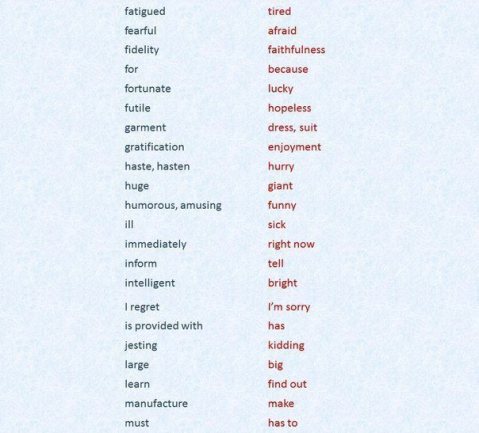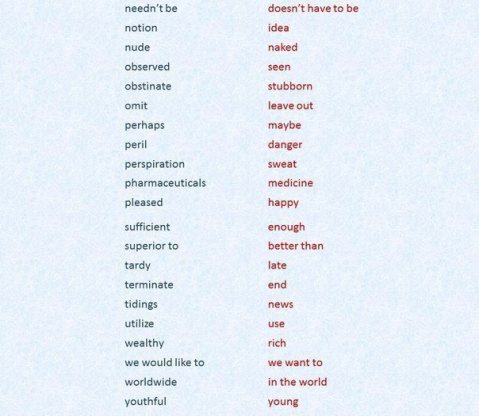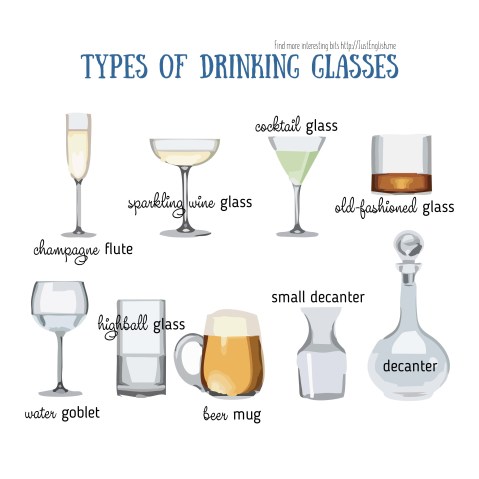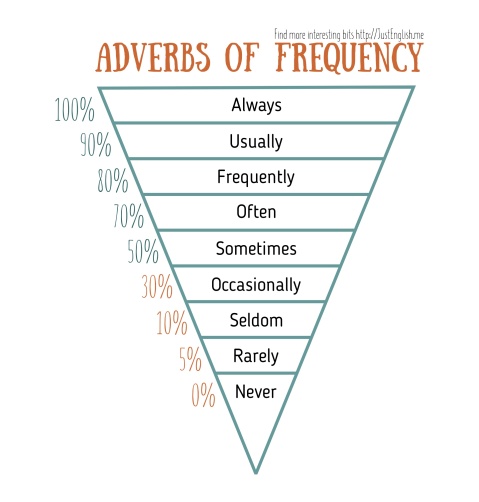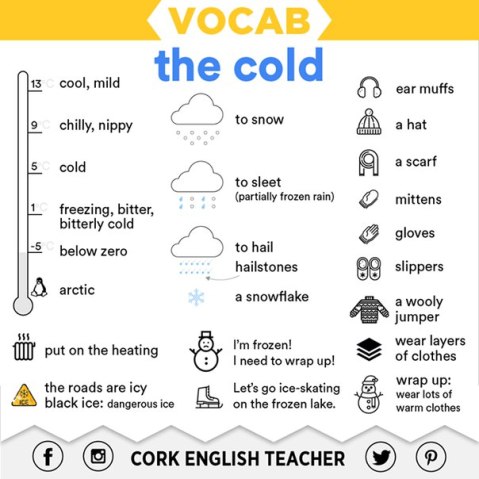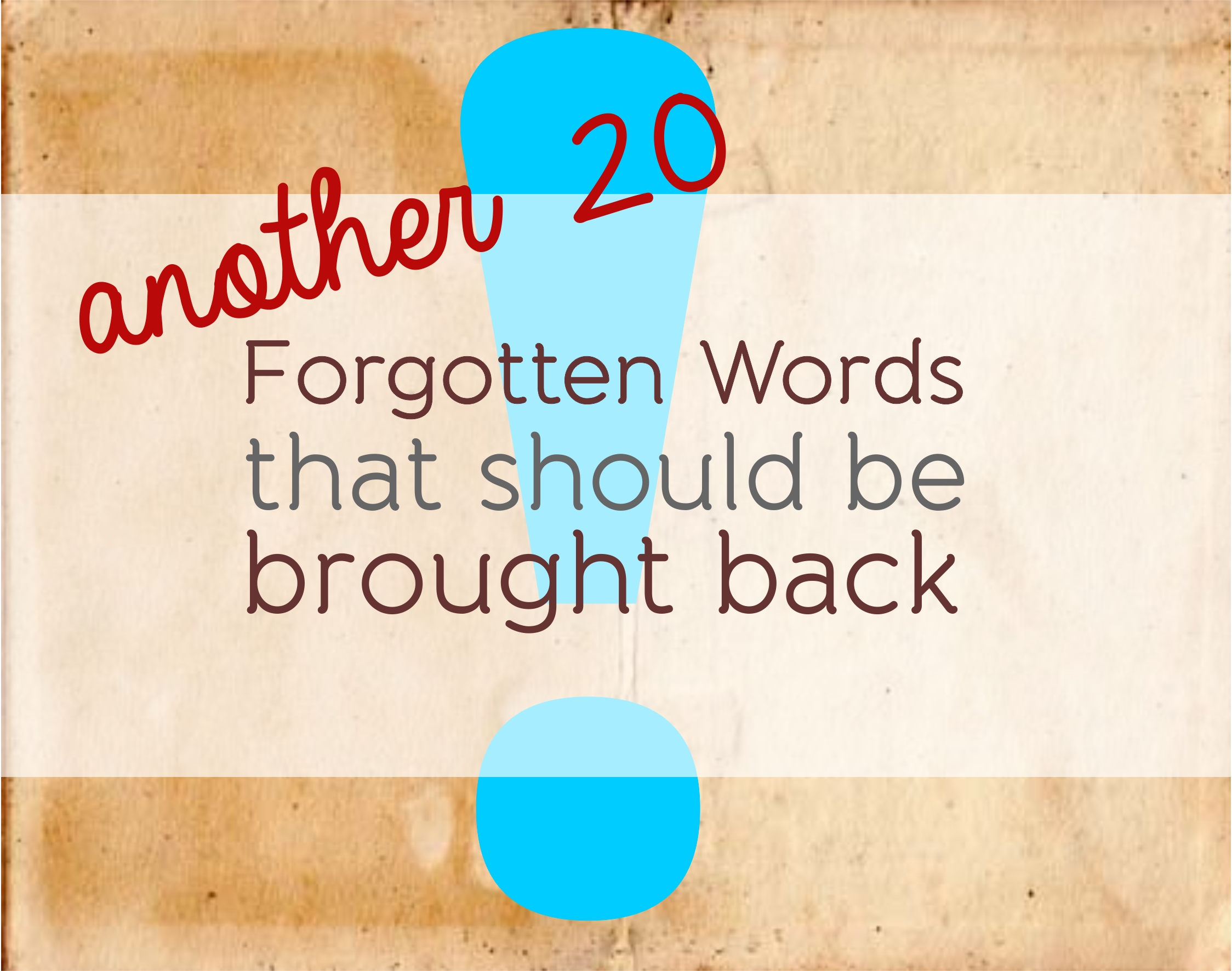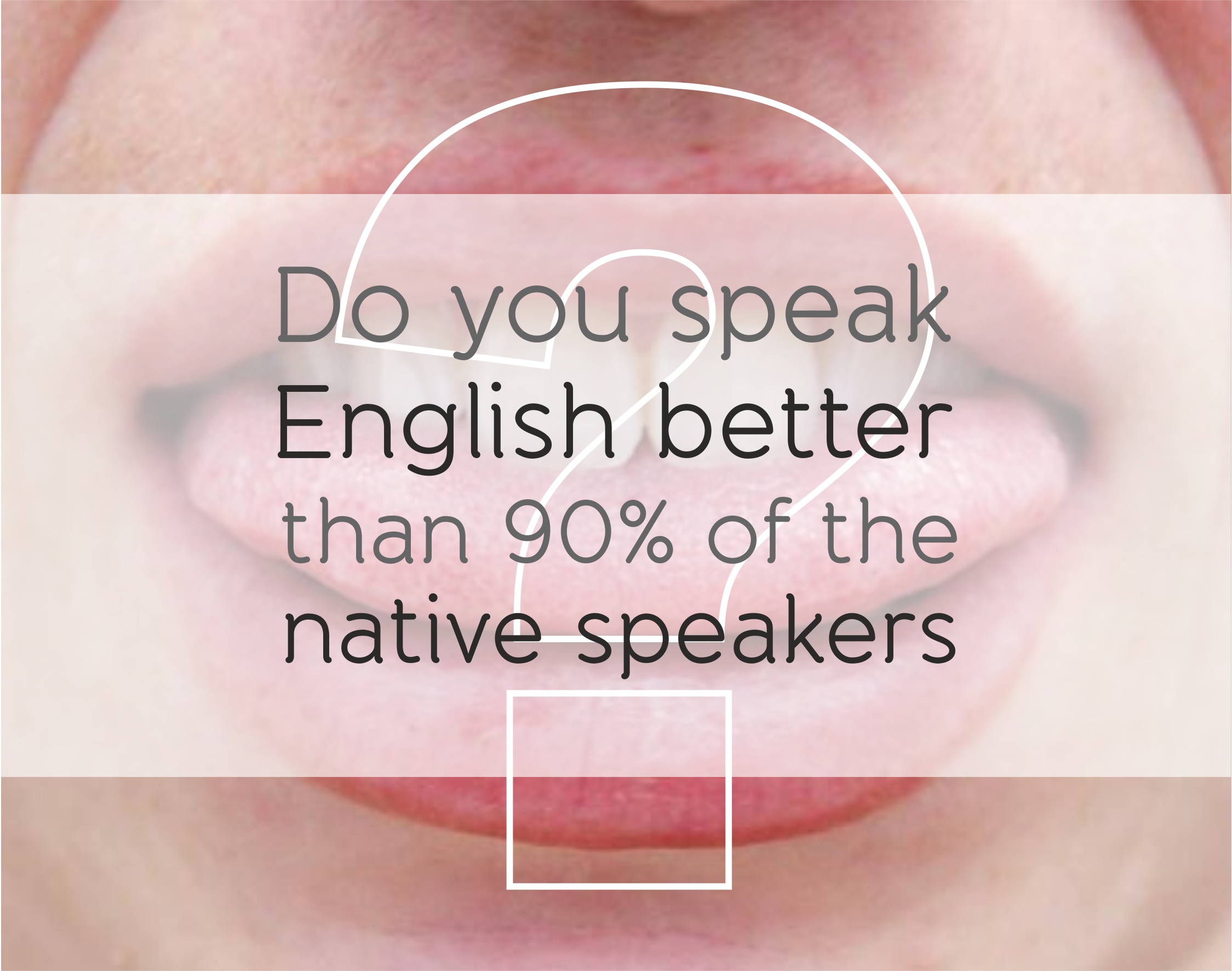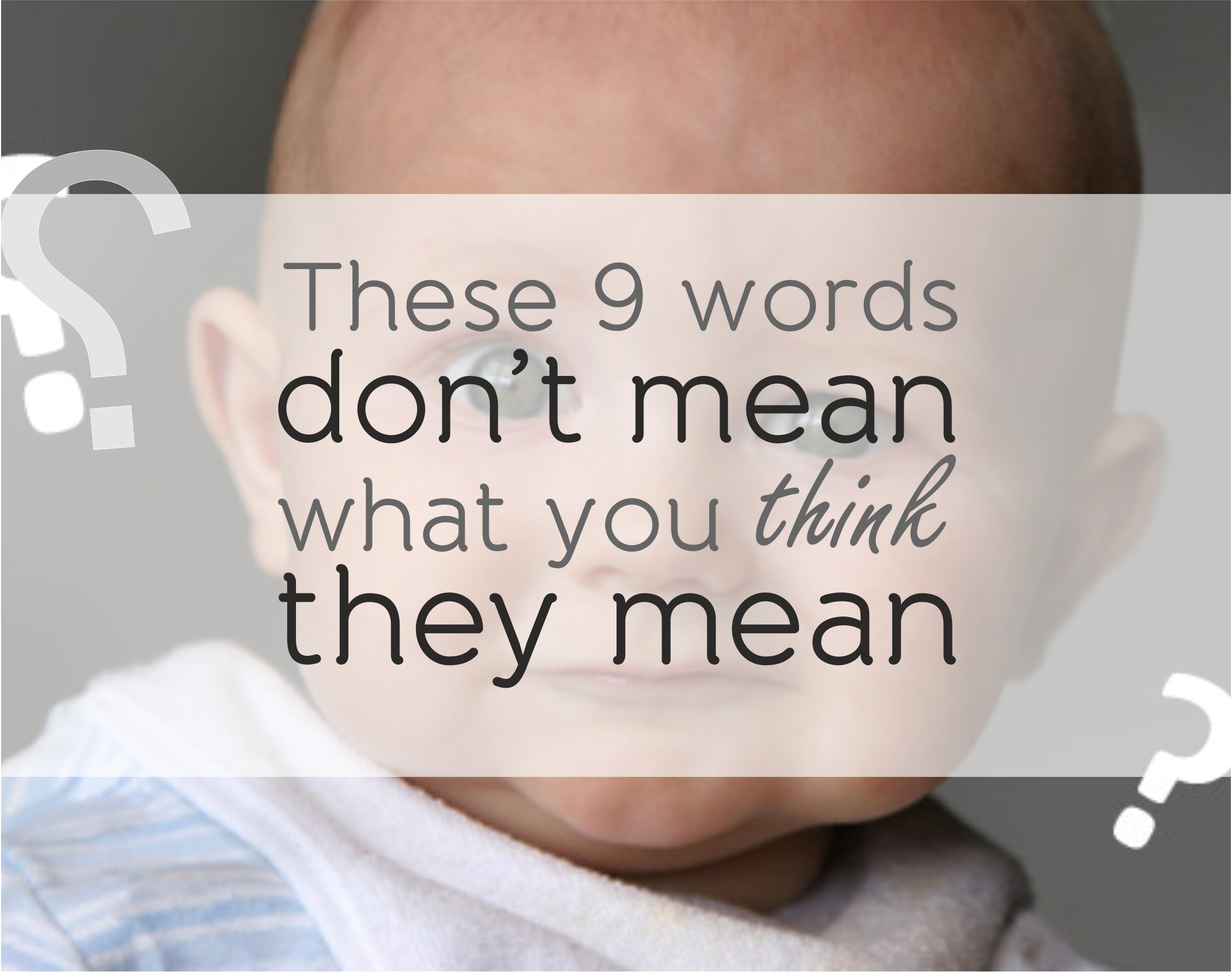What type of geek are you?
I am a weirdo of some kind, I come to believe. But what kind of weirdo that might be? I am introverted, I like reading books, but I also am a blogger and a vlogger, I follow the dress code and the social norms but I do not especially enjoy them completely.
Am I
a geek? A nerd? A dork? What is the difference?
56 geeks chart
Did you find yourself in the charts? Or could you invent a word for the kind of geek you (think) you are?
Sources:
Business Writing Truths and Myths

Written by Lynn Gaertner-Johnston, Syntax Training
For the 25 years I have taught classes in business writing, I have heard and rejected a few myths. And I have learned and applied some important truths. Don’t let yourself be fooled by false rules that others may follow. Recognize and apply what makes sense.
Is each of the five statements below a truth, a myth, or a mix of both depending on the situation? You decide. Read More…
English humour

— Will you tell me your name?
— Will Knot.
— Why not?
— What do ghosts serve for dessert?
— Ice Scream.
— Who won the skeleton beauty contest?
— No body.
A policeman pulled over a speeding motorist and asked,”Do you have any ID?” The motorist replied, “About what?”
There are three ways a man wears his hair – parted, unparted and departed.
I like your approach…Let’s see your departure.
If I could rearrange the alphabet I would put U and I together!
Don’t steal, the Government hates competition!
240 color names in English
From snow to jade, if you are struggling to describe a color or you just want to broaden your vocabulary.
(Although the blacks seem all the same to me.)








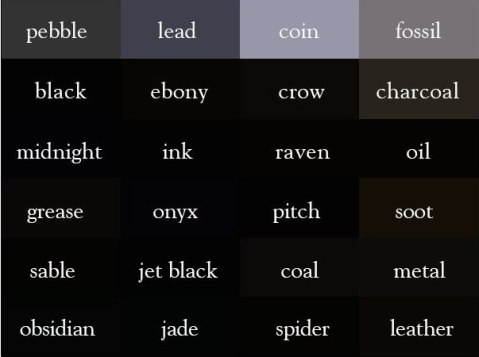
THE 10 MOST COLOURFUL ENGLISH PHRASES (GB)
1. It’s brass monkeys outside
Meaning: Freezing cold weather.
Origin: ‘Cold enough to freeze the balls off a brass monkey’. A ship’s cannon balls used to be stacked on a brass structure called a ‘monkey’ – the brass would contract in cold weather and the cannon balls would fall off.
Effective communication is “BRIEF”

We send and receive dozens of e-mails and have tens of conversations daily. More often than not one needs to read an e-mail thoroughly several times before understanding the actions needed or despite carefully listening the ramble of someone misses the point of the conversation.
“43% of people who received long-winded emails deleted or ignored them.”
Be more effective in your communication by following the BRIEF rule.
Fast Company have created the following formula for better communicating your information and/or needs:
B (Background): Provide a quick context—what happened beforehand?
R (Reason): Explain why you’re contacting them now— why should they engage?
I (Information): Give two to three pieces of information. What are the three main points or bullets of the topic?
E (End): Decide what do you want to be remembered. Tell the next steps – you will do what OR you expect the other site to do what.
F (Follow-up): Try to predict the questions asked at the end of conversation or (as a reply to the message) and prepare answers in advance.
Read why less is more HERE.







